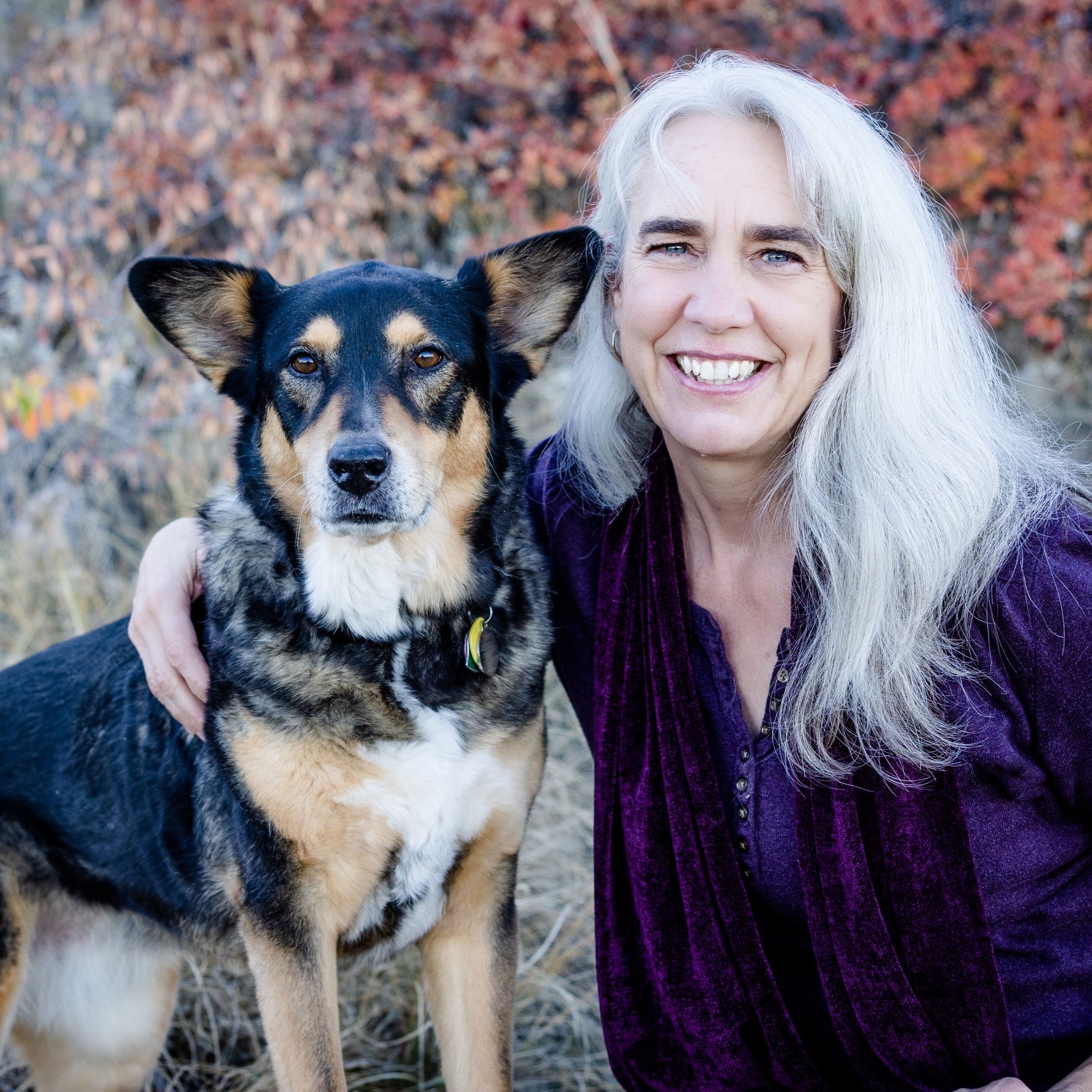How Do We Mourn A Whole Pandemic?
/We now live in a continuously unfolding landscape of loss and change. Out of this chaos, one idea has recently crystalized for me: Our conventional ways of mourning are not adequate in this context.
I’m used to mourning one loss at a time. I’m used to being able to mark time from it. “She’s been gone two years now.” I don’t know how to mourn losses that keep rolling in, day after day, month after month.
I’m used to mourning one type of loss at time. Lost loved one, job, pet, health, opportunity, home. Now losses often come from many directions at once, and cascade into new losses.
I’m used to suffering and death being acknowledged. When my mother died, hearing, “I’m so sorry for your loss,” helped. Mourning is much more confusing and hard when leaders say things like there are “more important things than living.”
I’m used to funerals and goodbye gatherings. I’m used to: “Can I bring you some dinner?” “Would you like a hug?” It doesn’t feel complete to mourn in isolation, not able to visit, stand next to, or touch other mourners.
We have video funerals, like we have video conferences, and video doctor visits. We’re starting to gather, in some cases, with 6 feet between a handful of local mourners. It doesn’t feel like enough to me. Even the most satisfying funeral for a single COVID death isn’t the place to address the connection between all the deaths, and all the mourners. All the common threads among the lives that will never be the same after this pandemic. I feel a need for an additional way to mourn that acknowledges the global community of mourners, and honors the collective nature of our losses. One that enables mutual support among mourners who perhaps have different losses that are all part of the larger phenomenon.
I want to be clear that I’m not saying I want to insert myself into or co-opt other people’s grief processes for their unique losses. The world is certainly full of losses now that are not mine to grieve.
And yet, we’re all part of this global community of loss. I feel a pull to mourn not only the things I’ve lost, personally, but also the collection of losses that create a larger environment of loss we’re all living through.
I love what the New York Times front page did on Sunday, listing not only the names of the lost, but also a sentence about their lives. That felt so needed to me. But even that powerful front page with 1000 mini obituaries is so small compared to what we have to mourn. So many additional deaths happened and are happening. And so many losses that aren’t human deaths.
I don’t have an answer, but I thought I’d at least ask the question. What is a good way for all of us to mourn an ongoing global pandemic?
Image by Dzana Serdarevic






